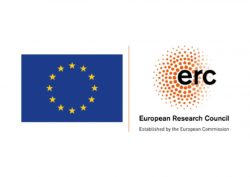About the Project
The Inclusive Public Space project investigates the social justice problems caused by city streets which exclude some pedestrians - particularly pedestrians whose circumstances mean that they do not meet general expectations about mobility or ability. The Project aims to deepen understanding of what aspects of streets are experienced as exclusionary and by whom, how these problems affect the lives of the people concerned, and how effectively law and politics are responding to problems caused by inaccessible or difficult streets. It also aims to increase shared concern about these social justice problems and to raise awareness of how law and politics can be used to challenge them.
Geographical Focus
The problems with which the Inclusive Public Space project is concerned are relevant to all countries. The particular focus however will be on five countries - India, Kenya, the Netherlands, the United Kingdom and the United States of America.
In each of these countries, there will be case studies of two cities - in the UK, Leeds and Glasgow; in India, Delhi and Pune; in Kenya, Nairobi and Mombasa; in the US, Syracuse (New York) and Atlanta (Georgia) and in the Netherlands, Utrecht and Almere.
Methods
The project takes a transdisciplinary, comparative and participatory action research approach. For the first phase of fieldwork (up to end of 2021) no research participant will need to leave their home in order to take part - although they will be able to choose to assist with or feature in filming of difficult streets. The methods include interviews, focus groups, story-telling, films of street journeys selected by participants, and surveys.
Find out more about how we will work with pedestrians, stakeholders and the public here.
Duration and Funding
The Inclusive Public Space project is a five year project which began on 1 January 2019. It is funded by a European Research Council Advanced Grant (Agreement No 787258).
More detail about the project.

